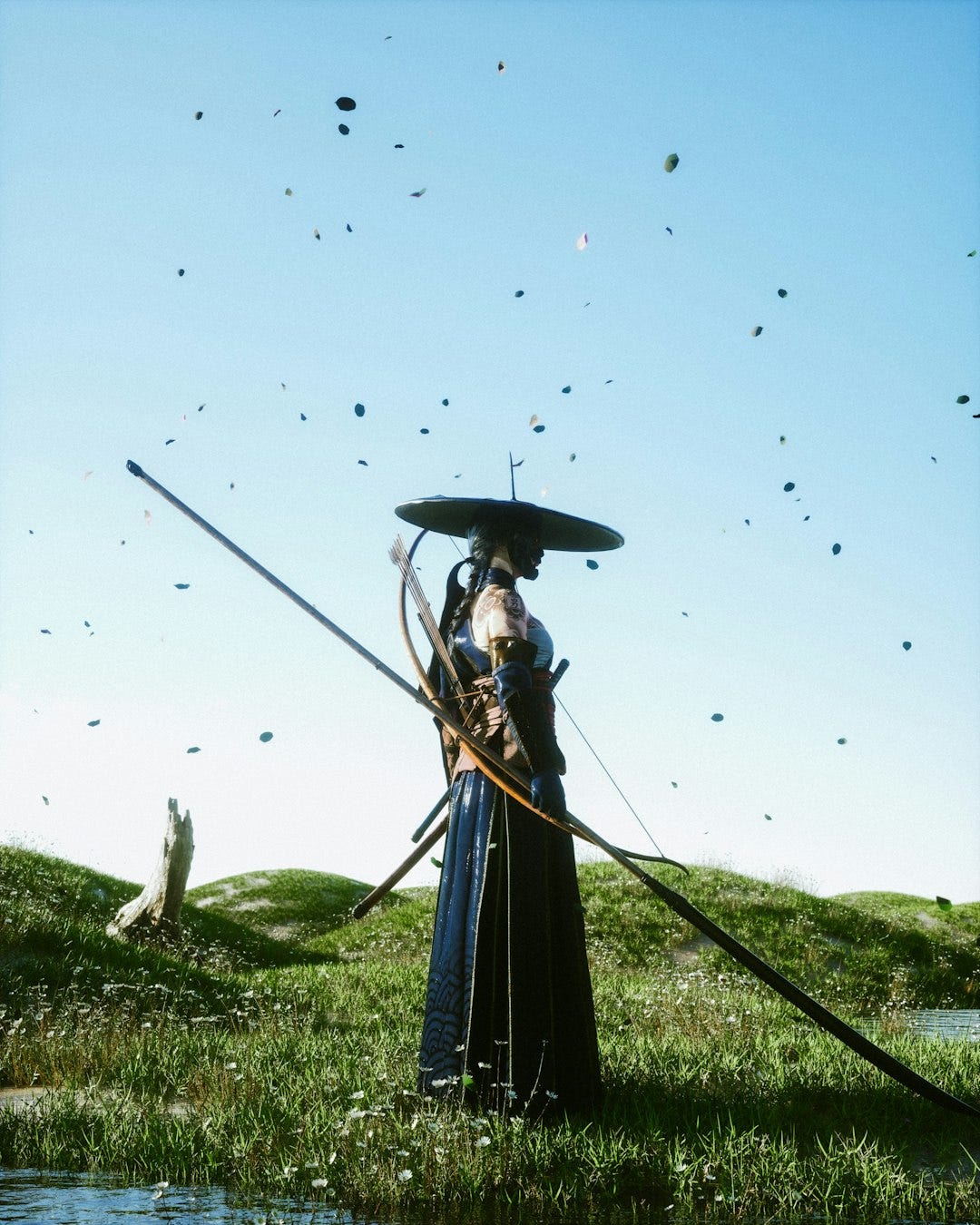It is a truism of learning any skill that small consistent effort outperforms massive occasional effort.
It’s how the brain works. It’s how the brain processes knowledge and experiences. It’s how the brain reinforces learning through intermittent recall.
It’s also about habit.
This is something I’ve struggled with most of my life: habit building, motivation, neurodivergence. It is something I have been fascinated with and researched far beyond the point of over-intellectualization.
It is something that is learned by doing, not by thinking.
Eugen Herrigel pointed out the same concept when explaining how he came to understand Zen Buddhism in his book *Zen in the Art of Archery.*
Zen, as a concept, cannot be understood solely through academic study and intellectualization. It can only be understood, *truly understood*, through practice.

It turns out that habit is a lot like physics.
Consider inertia:
An object at rest will remain at rest, unless acted on by a force.
An object in motion will remain in motion, unless acted on by a force.
An object in space will continue floating along forever. But we don’t live in space. We live here on the ground.
A ball rolling on the ground will come to a stop because friction is the force that slowly acts against its continued motion.
Friction is an interesting concept. It is strongest when an object is not moving. It takes more effort to get the ball moving than it does to keep the ball moving.
So, it is hard to start learning something; to start a habit. It is less hard to keep moving forward.
This is a key part of learning that I have overlooked for far too long.
I was looking at it from the wrong perspective.
Showing up everyday to train isn’t just about practicing a skill 10,000 times to attain mastery. It is as much about keeping that inertia going, that forward momentum.
This is the key to continued motivation, and accelerated learning. It also happens to fit nicely with what we know of brain capacity and intermittent repetition as necessary for skill development.
It’s almost like Masters of the Art (regardless of which art) knew something about mastery.
Imagine that.


